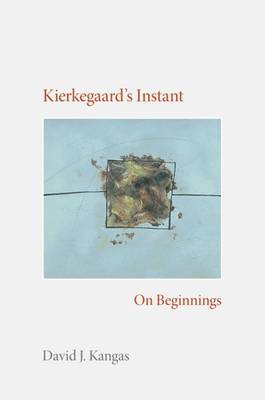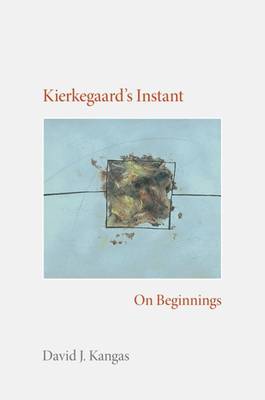
- Afhalen na 1 uur in een winkel met voorraad
- Gratis thuislevering in België vanaf € 30
- Ruim aanbod met 7 miljoen producten
- Afhalen na 1 uur in een winkel met voorraad
- Gratis thuislevering in België vanaf € 30
- Ruim aanbod met 7 miljoen producten
Omschrijving
In Kierkegaard's Instant, David J. Kangas reads Kierkegaard to reveal his radical thinking about temporality. For Kierkegaard, the instant of becoming, in which everything changes in the blink of an eye, eludes recollection and anticipation. It constitutes a beginning always already at work. As Kangas shows, Kierkegaard's retrieval of the sudden quality of temporality allows him to stage a deep critique of the idealist projects of Fichte, Schelling, and Hegel. By linking Kierkegaard's thought to the tradition of Meister Eckhart, Kangas formulates the central problem of these early texts and puts them into contemporary light-can thinking hold itself open to the challenges of temporality?
Specificaties
Betrokkenen
- Auteur(s):
- Uitgeverij:
Inhoud
- Aantal bladzijden:
- 256
- Taal:
- Engels
- Reeks:
Eigenschappen
- Productcode (EAN):
- 9780253348593
- Verschijningsdatum:
- 31/05/2007
- Uitvoering:
- Hardcover
- Formaat:
- Genaaid
- Afmetingen:
- 166 mm x 238 mm
- Gewicht:
- 548 g

Alleen bij Standaard Boekhandel
Beoordelingen
We publiceren alleen reviews die voldoen aan de voorwaarden voor reviews. Bekijk onze voorwaarden voor reviews.











